Sino the times: the decline of Chinese restaurants
Generational shifts have seen the sector fall out of favour in the UK
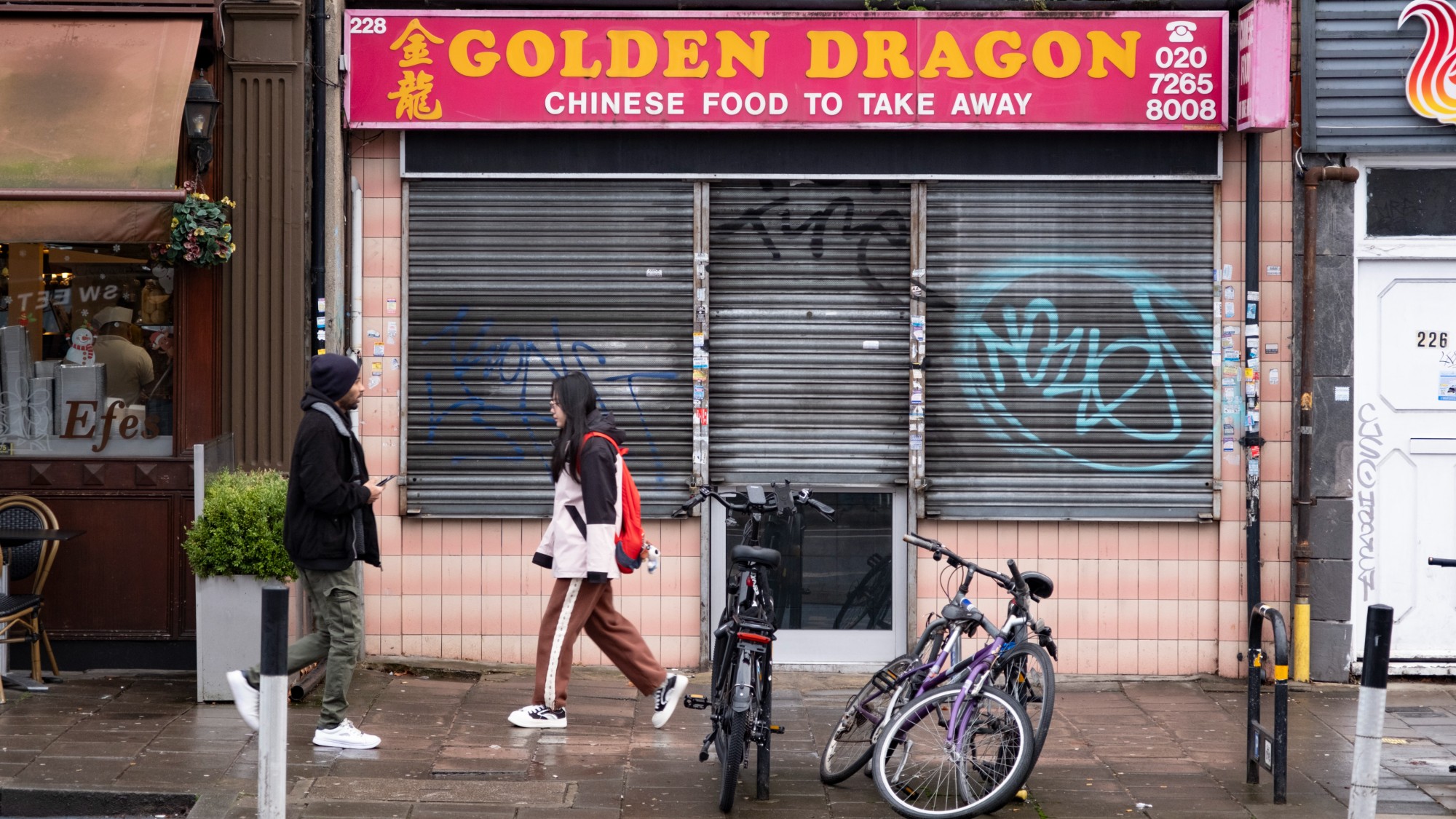
A free daily email with the biggest news stories of the day – and the best features from TheWeek.com
You are now subscribed
Your newsletter sign-up was successful
Britain is falling out of love with Chinese restaurants, according to data that found our consumption of their fare has more than halved since 2007.
As the sector faces multiple challenges, the Canton-style food that Chinese restaurants have traditionally served in the UK is "truly dying", Gordon Chong of the British Chinese Society told The Telegraph.
Pandemic slump
The first Chinese restaurant in the UK opened in Glasshouse Street, off Piccadilly Circus, in 1908 and Chinese meals have "always been popular in the UK", or at least they were "until recently", said the broadsheet.
The Week
Escape your echo chamber. Get the facts behind the news, plus analysis from multiple perspectives.

Sign up for The Week's Free Newsletters
From our morning news briefing to a weekly Good News Newsletter, get the best of The Week delivered directly to your inbox.
From our morning news briefing to a weekly Good News Newsletter, get the best of The Week delivered directly to your inbox.
In 2008, an average of 15g of Chinese food a week was eaten outside the home by the average person, according to government data. Between 2011 and 2014, that had dropped to 12g, and it had fallen again to 10g by 2018. By 2022 and 2023 it had stalled at 7g, failing to bounce back from the pandemic slump.
Constant bad press
Experts think this downward trend will continue because second-generation Chinese immigrants don't want to run restaurants and takeaways like their parents did. With soaring rents, rising costs and changing consumer tastes, that has become "back breaking", so second-generation immigrants are "getting into professional work" instead.
A lot of those who "grew up in the UK" have "moved on", Kim, the daughter of takeaway owners in Scotland, told The Sun, and they prefer to "study or have their own career", which means Chinese takeaways will "decrease over the next 20 years".
Writing for Vice, Angela Hui, whose parents owned a Chinese takeaway in Wales, said Chinese restaurants and takeaways have faced a number of specific problems, including "dealing with harmful, stereotypical fear-mongering headlines" and "constant bad press" linking Chinese food to "serious health warnings".
A free daily email with the biggest news stories of the day – and the best features from TheWeek.com
The "meteoric rise" of food-ordering apps means that smaller, independent businesses "stuck in the past" are "getting left behind" and older Chinese generations who opened restaurants and takeaways in the 1980s and 1990s either "don't understand the digital age" or they "straight up don't want any part of it".
Chinese people are "naturally cautious and superstitious", said Jun Kit Man, whose family ran a Chinese restaurant in London, so "if you ask them to change something or invest money to be listed online" they just "don't see the point of it".
Regional specialities
Although Canton-style food is on the decline, other cuisines from Shenzhen, the northern regions of China, and Thai and Korean food are growing.
Hungry Brits are "being more adventurous" and "enjoying great dishes like bubble tea, xiao long bao [and] dim sum", Joe Groves, Head of Consumer Communications at Deliveroo, told Vice, and the popularity of regional Chinese food like "Sichuan, Xi'an and Hunan cuisine" is rising.
Chas Newkey-Burden has been part of The Week Digital team for more than a decade and a journalist for 25 years, starting out on the irreverent football weekly 90 Minutes, before moving to lifestyle magazines Loaded and Attitude. He was a columnist for The Big Issue and landed a world exclusive with David Beckham that became the weekly magazine’s bestselling issue. He now writes regularly for The Guardian, The Telegraph, The Independent, Metro, FourFourTwo and the i new site. He is also the author of a number of non-fiction books.
-
 What to know before filing your own taxes for the first time
What to know before filing your own taxes for the first timethe explainer Tackle this financial milestone with confidence
-
 The biggest box office flops of the 21st century
The biggest box office flops of the 21st centuryin depth Unnecessary remakes and turgid, expensive CGI-fests highlight this list of these most notorious box-office losers
-
 What are the best investments for beginners?
What are the best investments for beginners?The Explainer Stocks and ETFs and bonds, oh my
-
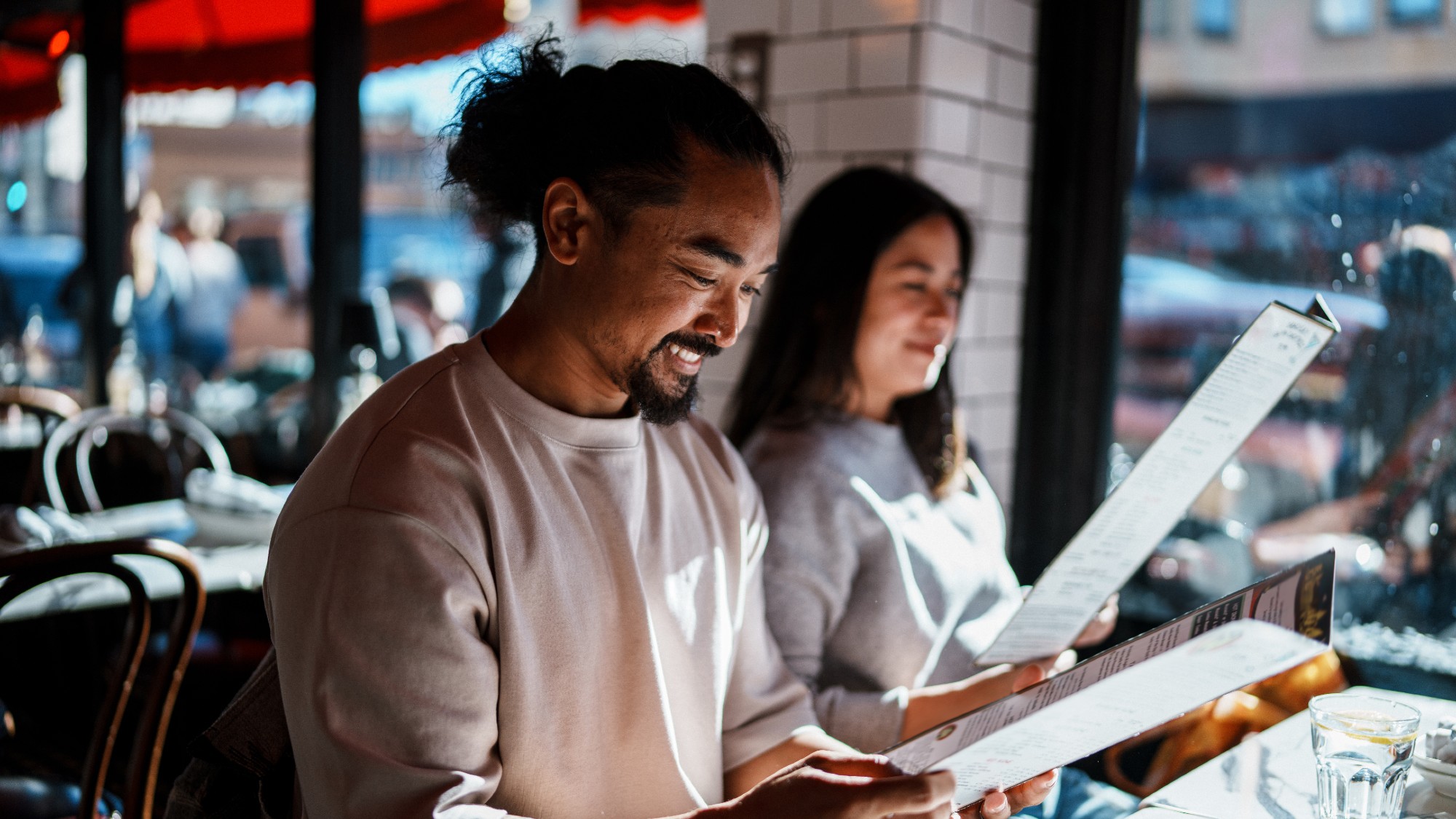 8 restaurants that are exactly what you need this winter
8 restaurants that are exactly what you need this winterThe Week Recommends Old standards and exciting newcomers alike
-
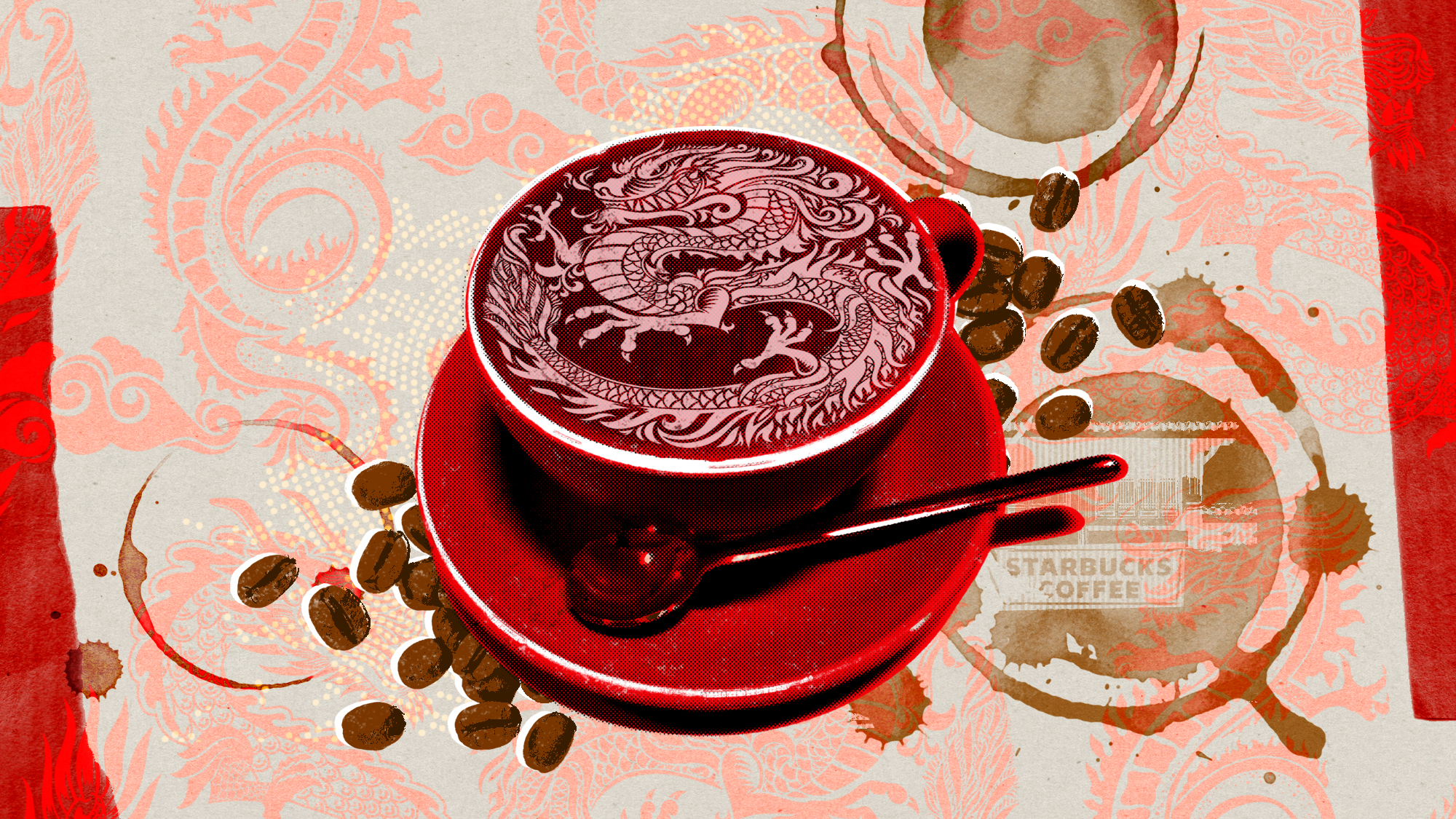 China’s burgeoning coffee culture
China’s burgeoning coffee cultureUnder The Radar Local chains are thriving as young middle-class consumers turn away from tea
-
 Critics’ choice: Watering holes for gourmands
Critics’ choice: Watering holes for gourmandsFeature An endless selection of Mexican spirits, a Dublin-inspired bar, and an upscale Baltimore pub
-
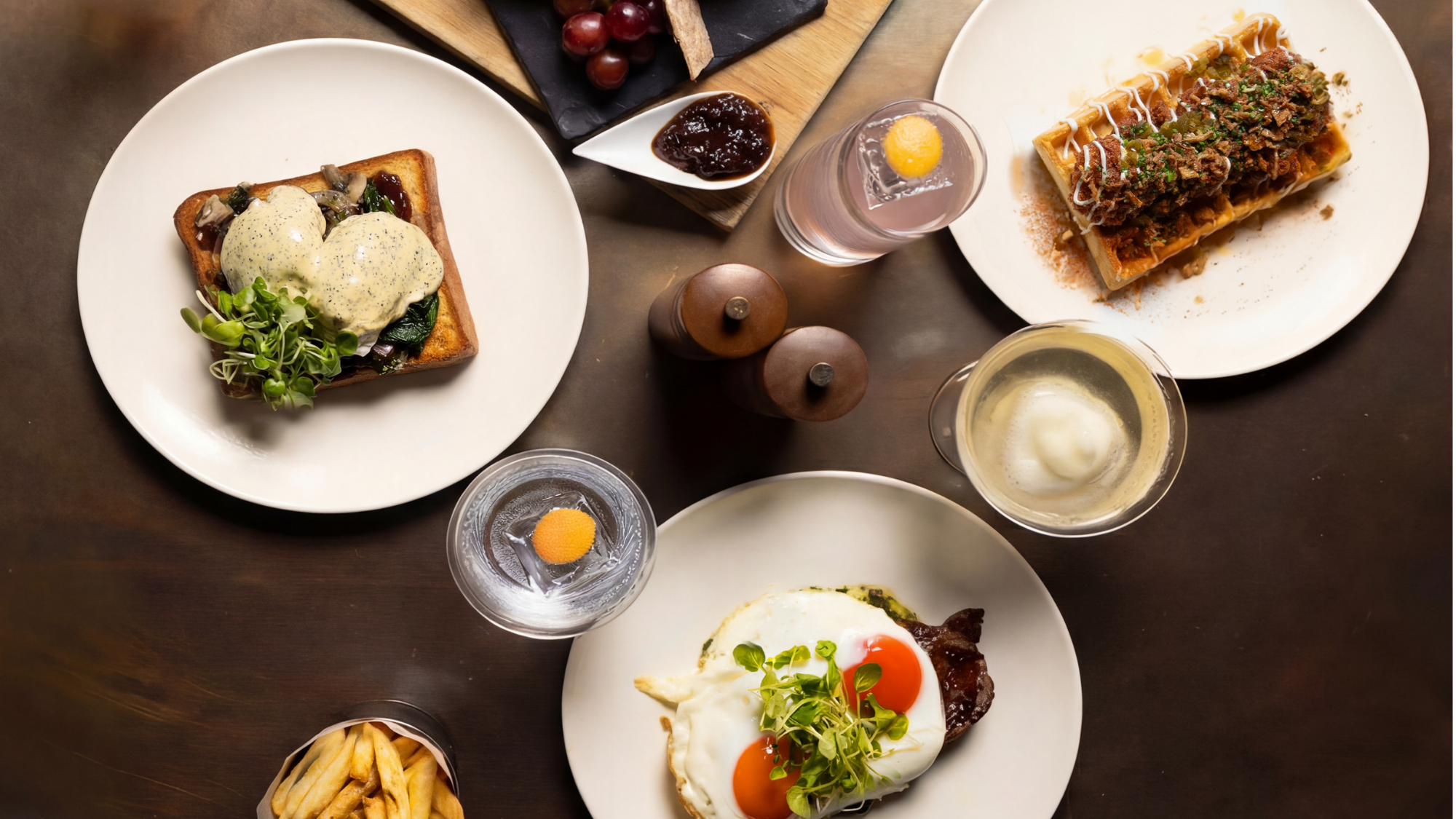 London’s best breakfasts and brunches
London’s best breakfasts and brunchesThe Week Recommends However you like your eggs in the morning, these memorable restaurants have you covered
-
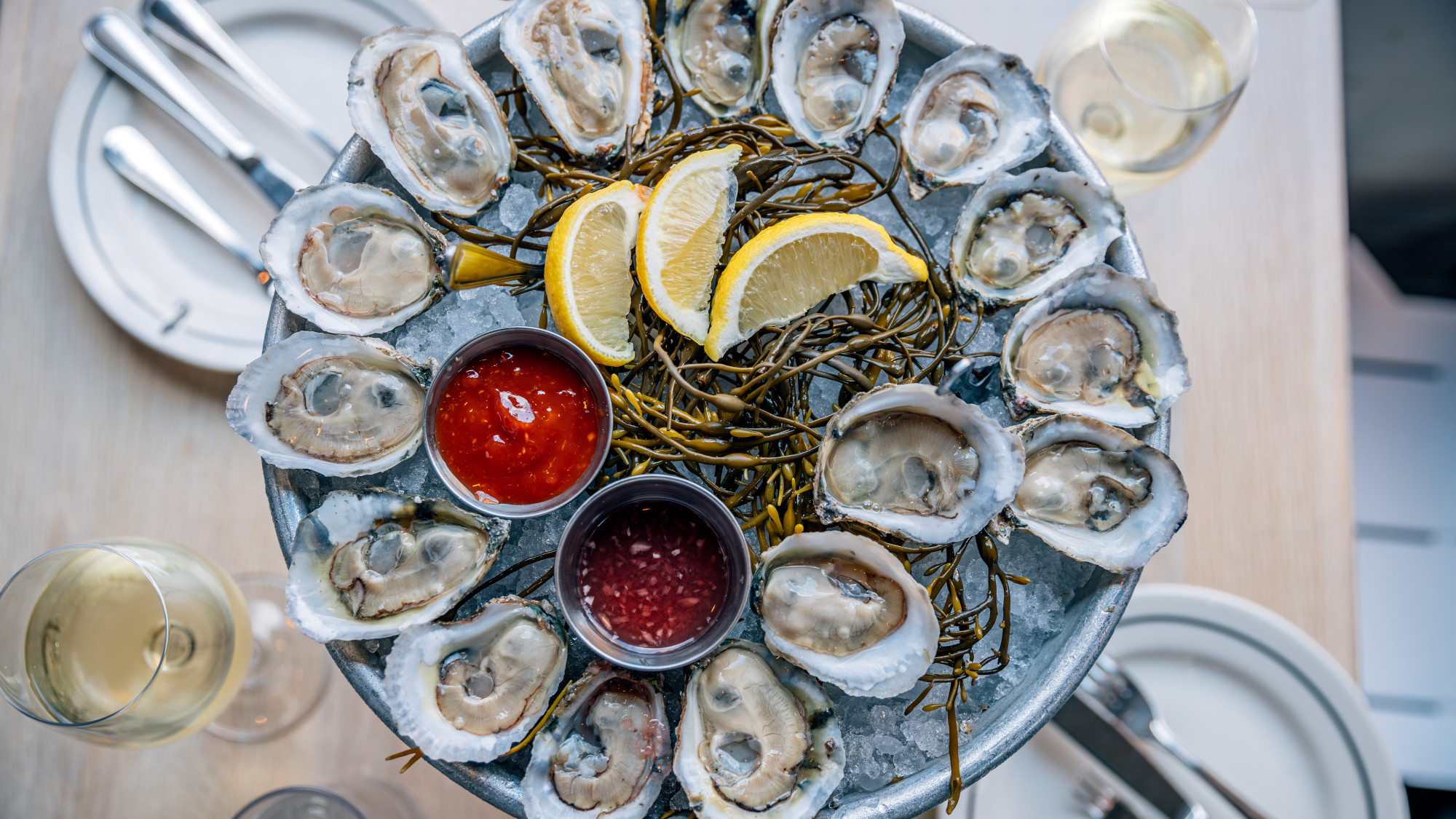 Critics’ choice: Seafood in the spotlight
Critics’ choice: Seafood in the spotlightFeature An experimental chef, a newspaper-worthy newcomer, and a dining titan’s fresh spin-off
-
 Southern barbecue: This year’s top three
Southern barbecue: This year’s top threeFeature A weekend-only restaurant, a 90-year-old pitmaster, and more
-
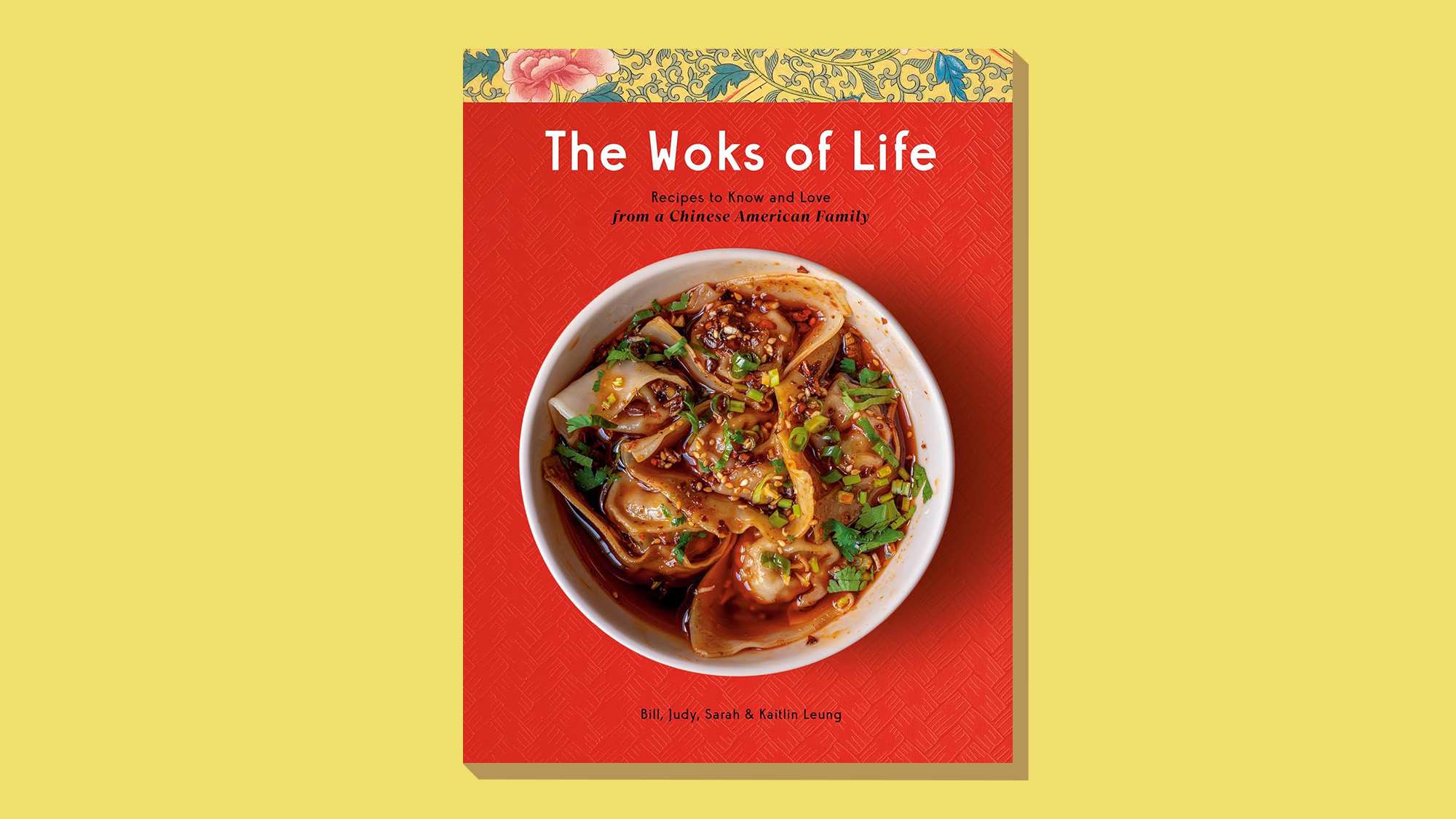 One great cookbook: ‘The Woks of Life’
One great cookbook: ‘The Woks of Life’The Week Recommends A family’s opinionated, reliable take on all kinds of Chinese cooking
-
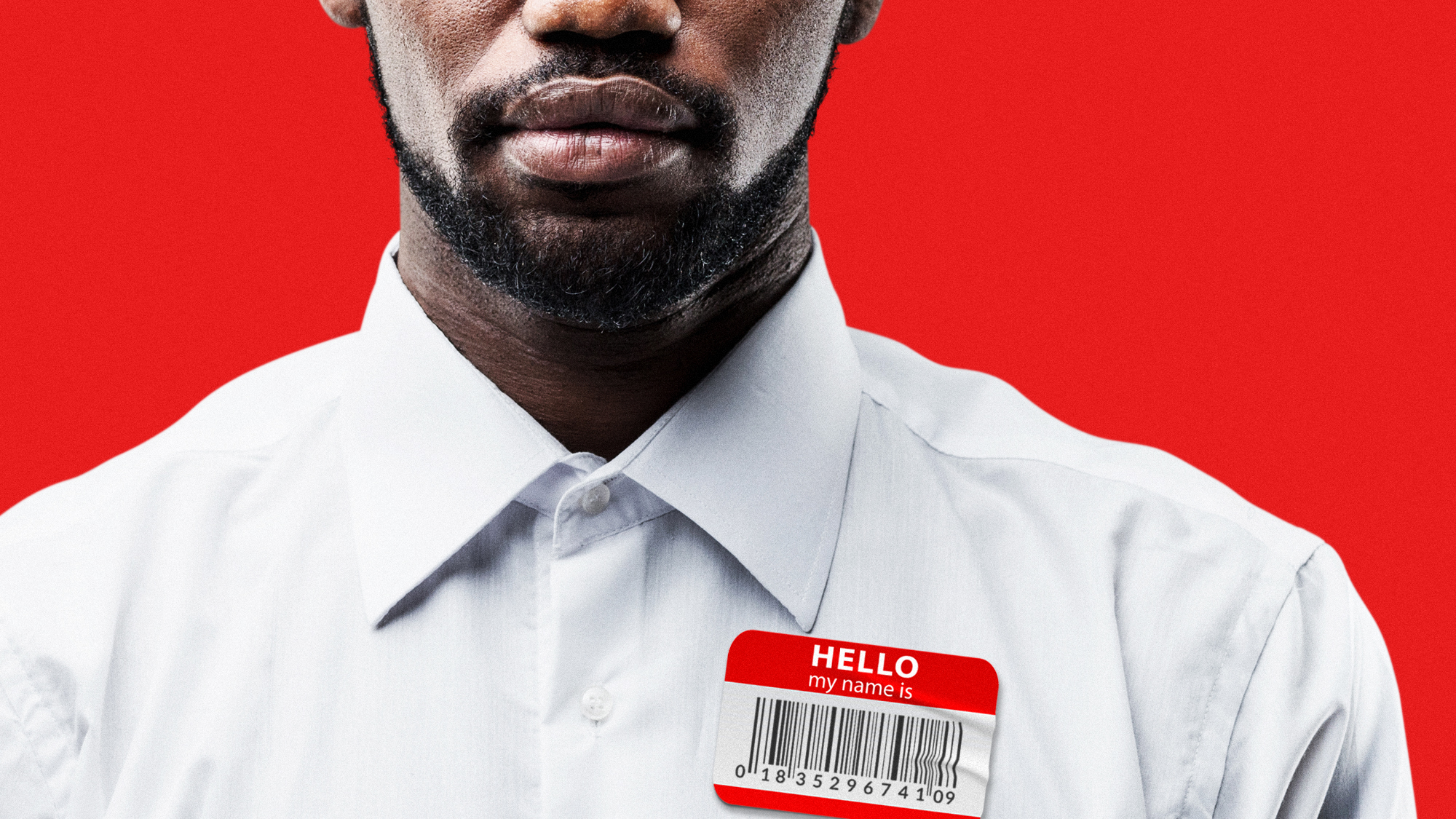 How digital ID cards work around the world
How digital ID cards work around the worldThe Explainer Many countries use electronic ID to streamline access to services despite concern by civil rights groups they ‘shift the balance of power towards the state’